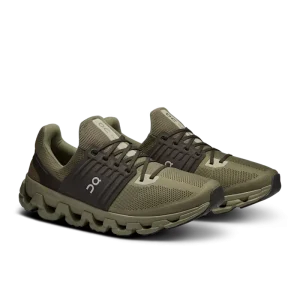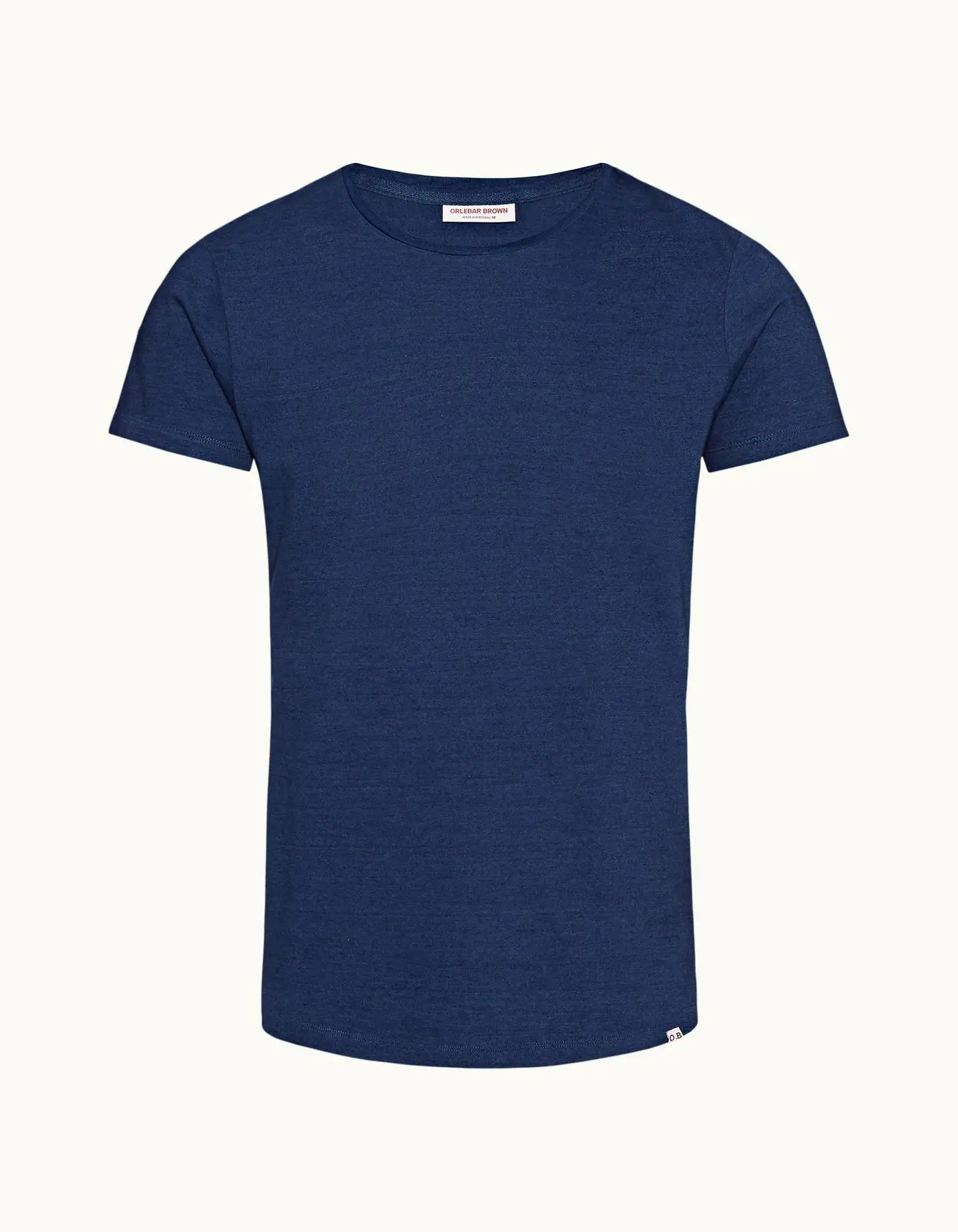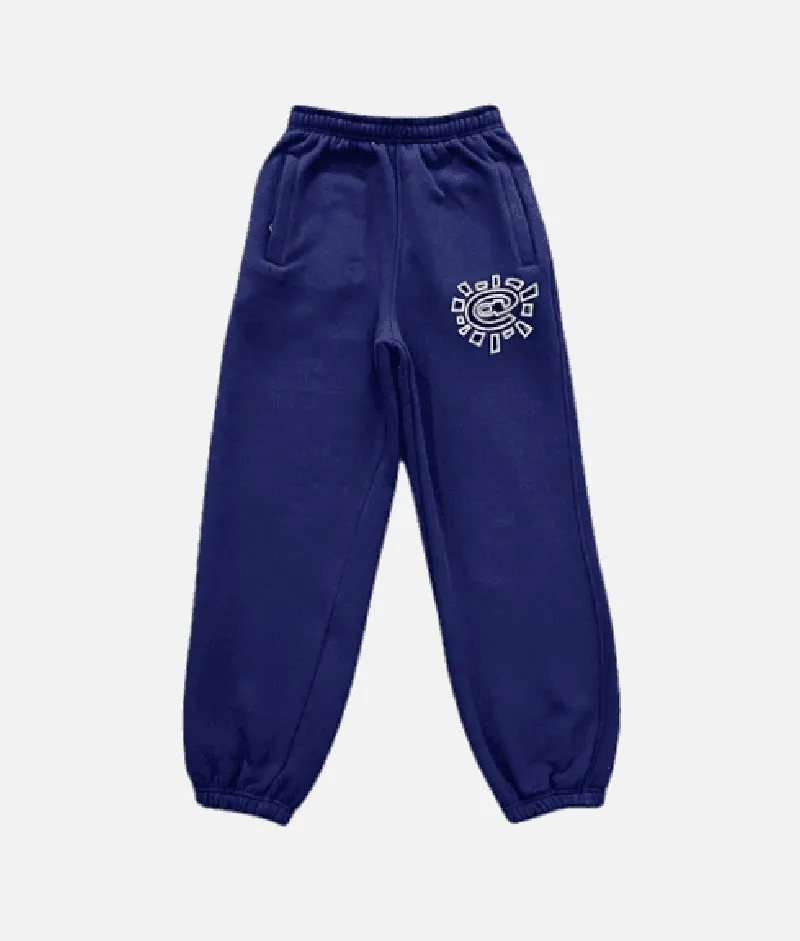
Landing an interview is a significant step in the job search process, and thorough preparation is key to making a positive impression and increasing your chances of securing your dream job. 1 Of course, before you can ace the interview, you need to find the right opportunities. Resources like Indeed, LinkedIn or ThatStartupJob can be invaluable for discovering job openings that match your skills and experience. Once you’ve landed that interview, this guide provides essential tips to help you navigate the interview itself with confidence.
Dos for a Successful Interview
- Dress Appropriately: Dress slightly more formally than you would for the actual job. This demonstrates respect for the opportunity and shows you take the interview seriously. For example, if the company culture is business casual, consider wearing a suit or a professional dress.
- Plan Your Route: Research the interview location in advance and plan your route, accounting for potential traffic delays. Arriving on time shows respect for the interviewer’s time and allows you to gather your thoughts before the meeting. Use a mapping app and consider a practice run if the location is unfamiliar.
- Arrive Prepared: Aim to arrive about five minutes before the scheduled start time. This allows you a moment to compose yourself and avoids rushing. Arriving excessively early (more than 10 minutes) can sometimes be inconvenient for the interviewer.
- Make a Positive First Impression: Greet the interviewer with a firm (but not crushing) handshake and introduce yourself clearly. Maintain eye contact, but don’t stare. Remembering and using the interviewer’s name shows you’re attentive and engaged. “It’s a pleasure to meet you, Ms. Johnson.”
- Active Listening: Pay close attention to the interviewer’s questions and respond thoughtfully. Repeat the interviewer’s name when they introduce themselves to help you remember it. This shows you’re listening and helps you recall their name later.
- Communicate Effectively: Be specific and concise in your answers, avoiding rambling or irrelevant details. Use the STAR method (Situation, Task, Action, Result) to structure your responses to behavioral questions, providing concrete examples of your skills and experience. For example, instead of saying “I’m a good problem-solver,” describe a specific situation where you successfully solved a problem. Many resources online can help you master the STAR method.
- Show Enthusiasm and Positivity: Express genuine interest in the position and the company. Maintain a positive attitude, even when discussing previous challenges or setbacks. Frame negative experiences in a positive light, focusing on what you learned and how you grew.
- Ask Thoughtful Questions: Prepare a few questions about the role, the company culture, or the team. This demonstrates your interest and initiative. Avoid asking questions that can easily be answered through basic research on the company website. Good questions might include: “What are the biggest challenges facing the team right now?” or “What opportunities are there for professional development within the company?”
- Show Your Skills: Weave your key skills and accomplishments into your answers. Connect your experience to the specific requirements of the job description. Quantify your achievements whenever possible (e.g., “Increased sales by 15%”).
- Send a Thank-You Note: Send a personalized thank-you note (email is generally acceptable) within 24 hours of your interview. This reinforces your interest and reiterates your qualifications. Mention something specific you discussed during the interview to personalize the note.
Don’ts for a Successful Interview
- Don’t Overdress: While professionalism is essential, avoid overdressing. Overly formal attire can sometimes create an unintended distance between you and the interviewer.
- Don’t Arrive Excessively Early: Arriving more than 10 minutes early can be inconvenient for the interviewer. Aim for about 5 minutes early.
- Don’t Speak Negatively About Past Employers: Avoid criticizing previous bosses or colleagues. This reflects poorly on your professionalism and can make the interviewer hesitant to hire you. Focus on what you learned from your past experiences, even the challenging ones.
- Don’t Interrupt the Interviewer: Allow the interviewer to finish their questions before you begin your response. Avoid interrupting or talking over them.
- Don’t Be Distracted: Turn off your cell phone and give the interviewer your full attention. Avoid fidgeting, chewing gum, or engaging in other distracting behaviors.
- Don’t Focus Solely on Logistics: While it’s important to understand the job’s location, salary, and benefits, don’t make these the primary focus of your conversation during the initial interview. These topics are best addressed later in the hiring process.
- Don’t Make Excuses: Take responsibility for your actions and experiences. Avoid making excuses for past mistakes or shortcomings. Focus on what you learned and how you’ve grown.
- Don’t Be Afraid to Ask for Clarification: If you’re unsure about a question, don’t hesitate to ask for clarification. It’s better to ask for clarification than to answer incorrectly.
- Don’t Lie or Exaggerate: Be honest and truthful in your responses. Exaggerating your skills or experience can backfire during the interview process or later on the job.
- Don’t Forget to Follow Up: If you haven’t heard back from the company within the timeframe they provided, it’s appropriate to send a brief follow-up email to inquire about the status of your application.
By following these tips, you’ll be well-prepared to make a strong impression, showcase your qualifications, and increase your chances of securing the position. Remember, interviewing is a two-way street. It’s your opportunity to assess if the company and the role are the right fit for you, just as they are evaluating you.




